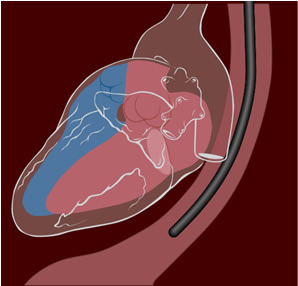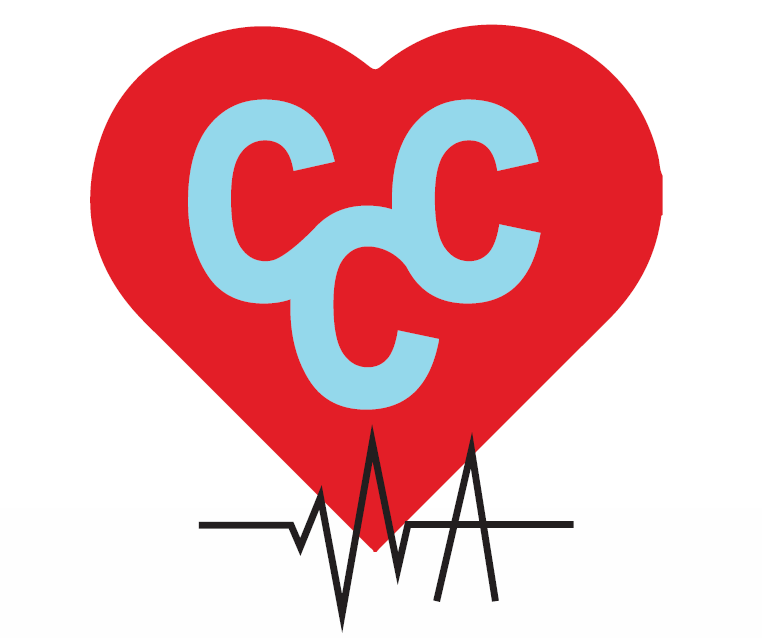Transesophageal Echocardiogram (TEE)
Our mission is to improve the health and well-being of our Bay Area residents through integrated and compassionate patient care, education and research.
Welcome new doctors
Donec sollicitudin molestie malesuada. Praesent sapien massa, convallis a nec, egestas non nisi.
Upgraded new patient portages
Redesigned website
Transesophageal Echocardiogram (TEE)
Transesophageal Echocardiogram (TEE)
 Transesophageal Echocardiogram (TEE)
Transesophageal Echocardiogram (TEE)
An echocardiogram or “echo” is a test in which your cardiologist can observe and evaluate the movement of your heart valves and the pumping of blood in the chambers of the heart.
During a standard echocardiogram, a sonographer or ultrasound technician uses a small wand to direct high frequency sound waves (also called ultrasound) at your heart. The sound waves bounce off the heart and create an “echo” that is translated into a graphic video that your cardiologist can use for diagnostic purposes.
The difference between a standard chest echocardiogram and a transesophageal echocardiogram (TEE), is that the ultrasound wand is part of an endoscope, a long, thin, flexible tube about 1/2 inch in diameter. The endoscope is placed into your mouth and passed into your esophagus. This test gives the doctor a better look at your heart because your ribs and lungs don’t obstruct the sound waves.
Why do I need a TEE?
Your doctor may ask you to have a TEE to:
- Evaluate the your heart’s valves and chambers
- Determine the presence of different types of heart disease or infection
- Evaluate the effectiveness of valve surgery
- Evaluate abnormalities of the left atrium and presence of blood clots
Can I eat or drink on the day of the test?
No. DO NOT eat or drink anything for at least 6 hours before the test. If you must take prescribed medication before the test, take it only with a small sip of water.
Should I take my medications the day of the test?
Yes. Take all medications according to your normal schedule as prescribed. Medication taken 4 hours or less before the procedure should be taken with only with a small sip of water.
If you are diabetic, please contact your doctor for specific instructions about taking your medication before the test.
Should someone come with me the day of the test?
Yes. You will need someone to drive you home. You should not drive until the day after the test. The sedation given to relax you during the procedure causes drowsiness, and may make it unsafe for to drive or operate machinery.
The transesophageal echocardiogram procedure
- You will be given a hospital gown and asked to remove clothing from the waist up.
- A sonographer will place electrodes on your chest to monitor your electrocardiogram. The electrodes are small, circular pads with a sticky substance to help them adhere to the skin. A blood pressure cuff will be placed on your arm to monitor your blood pressure. A small clip will be placed on your finger to monitor oxygen levels in your blood.
- An intravenous line (IV) will be inserted into your arm or hand so medications can be delivered when necessary.
- You will be asked to gargle liquid solution that will numb your throat. The sonographer may spray an anesthetic (numbing medication) at the back of your throat, and medication will be administered through the IV line to help you relax.
- You will be asked to lie on your left side on an exam table, and a dental suction tip will be placed in your mouth to remove secretions. The doctor will then insert the endoscope into your mouth and into your esophagus. The endoscope does not interfere with breathing. You may be asked to swallow at certain times to help pass the endoscope. You may feel a temporary soreness or numbness in your throat after the test.
How long does the test take?
The test will take approximately 50-60 minutes. After you have recovered from the sedation and are no longer drowsy, you may go home or go to other scheduled appointments. DO NOT drive yourself home after the test.
Can I eat after the test?
You should wait at least 2 hours after the test (or until the numbness in your throat is gone) before eating or drinking. Start by drinking a cool liquid. If you have no problems drinking cool liquids, you should be able to resume eating and drinking normally.
How will I be notified about the results of my test?
Your cardiologist will discuss the test results with you and a report will be mailed to your primary care physician.
